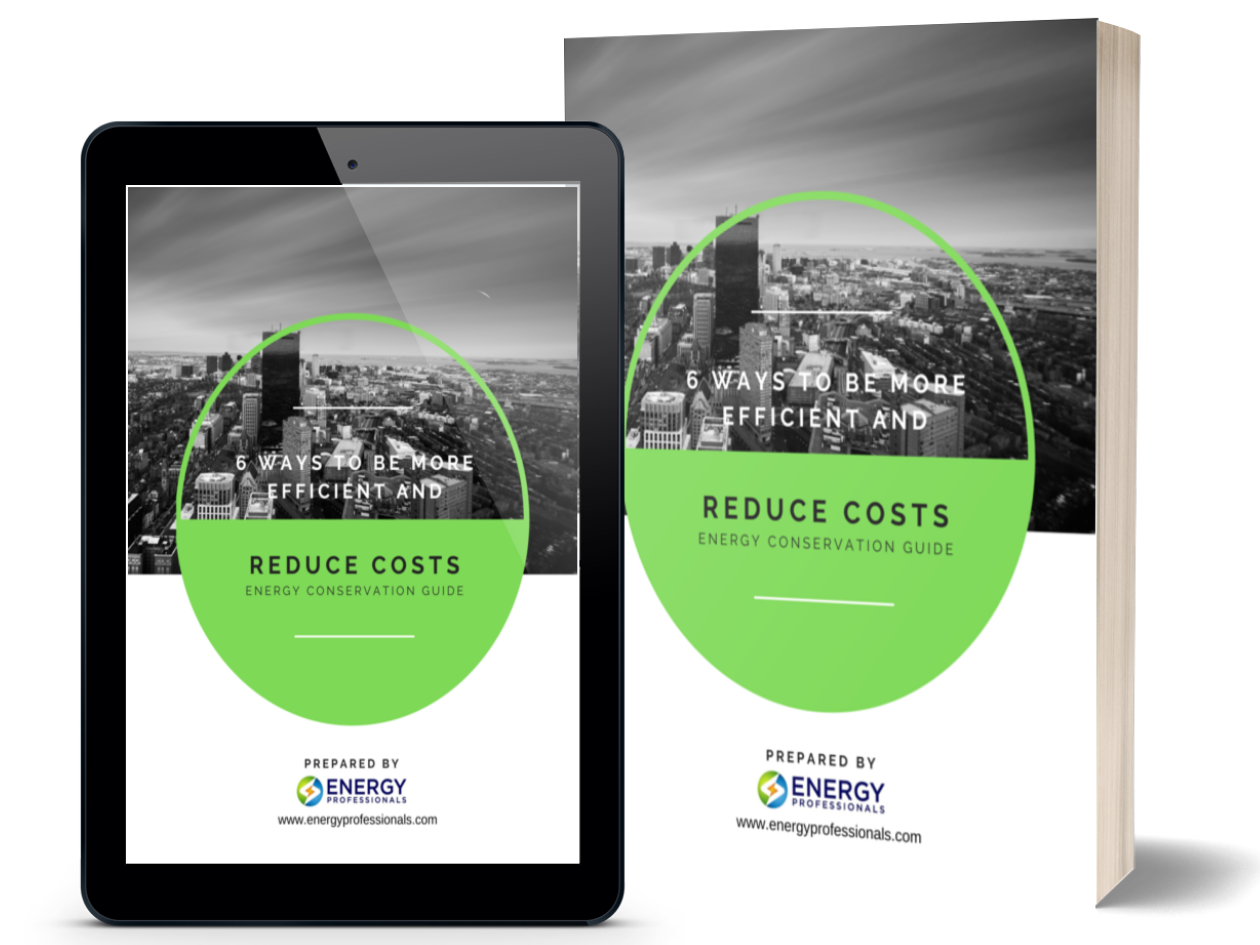3 Most Important Factors When Finding Lower Energy Rates
https://youtu.be/jLV3YUwvl-Q In the last two decades the price of electricity has more than doubled, going from an average of 6.57

https://youtu.be/jLV3YUwvl-Q In the last two decades the price of electricity has more than doubled, going from an average of 6.57
In the last two decades the price of electricity has more than doubled, going from an average of 6.57 cents to 13.4 cents per kilowatt-hour.
If you live in a deregulated state, energy choice is the best way to protect your home or business from fluctuating and increasing prices.
In this article, I’m going to cover the three most important factors that you need to consider when shopping for lower energy rates.
By default, you buy the energy you use from your local utility and pay whatever rate they charge for electricity and natural gas.
Energy deregulation, or energy choice, gives you the opportunity to shop for lower energy rates from retail energy suppliers, meaning, energy suppliers other than your local utility.
Some of the biggest benefits of energy choice include:
When shopping for competitive energy rates, either online or directly with an energy supplier or energy consultant, here are the three main things you should be looking at:
PRICE:
By “rate” or price we mean the amount you pay per KWH that you use.
A “KWH” or “kilowatt-hour” is simply a unit that your utility uses to measure how much electricity you use. For example, the average rate for 1 kilowatt-hour in the U.S last year was 13.4 cents. If you used 1,000 KWH in a month, you’d pay on average $134.00 for that electricity.
When shopping for lower energy rates, you’re looking for a lower rate per KWH.
TERMS & CONDITIONS:
When shopping for lower electricity rates, naturally you want the lowest rate. And that’s generally fine. However, like anything else you shop for, the lowest price doesn’t always signal the best option.
That’s why it’s also very important to look at the contract terms and conditions.
For example, some plans come with very low introductory rates that later increase over time. Other plans may offer very low rates but have heavy usage restrictions and large cancellation fees.
This is why when shopping for your business’ electricity rates, it’s important to work with a licensed energy consultant. We’ll be able to help you understand the terms of your agreement and also help locate the best plan for your energy needs, based on your usage, business plans, and risk tolerance level.
LENGTH OF AGREEMENT
Some energy plans, such as variable-rate plans, are month-to-month. In a variable-rate plan, your energy rates will change each month and you could find yourself paying a lot more than you anticipated.
But the most popular type of energy plan is a fixed-rate plan. Fixed-rate plans give you the opportunity to lock in a set rate for a fixed period of time. Popular plans can range from 12, 24, and 36 months all the way up to seven years.
Fixed plans are the perfect choice when hedging against and increasing the energy market. Deciding how long you want to lock in a rate could depend on your risk tolerance level as well as energy market predictions.
Also read, What is The Best Energy Rate Plan for My Business?
Taking all three factors into consideration – rate, contract terms, and length of the contract – you will be able to find an energy rate and plan that best fits your needs.


Don't have one? You can get one by calling us at 855-4-PKIOSK.
Energy Professionals is committed to finding its customers the best possible rates on electricity and natural gas. Tell us your location and service type and our energy manager will connect you to the most competitive offers.
Switching to an alternate supplier is easy. There is no chance of service disruption, and you'll continue with your current utility for energy delivery and emergency service. Take a few minutes to discover your best offers, and enjoy the benefits of retail energy in your home or business.
1. Energy Type
2. Service Type
3. Zip Code
4.Local Company
5.Zone
We believe that knowledge is power. Here’s a free e-book that provides business solutions to reducing energy costs.
Download E-Book Free Energy Audit




